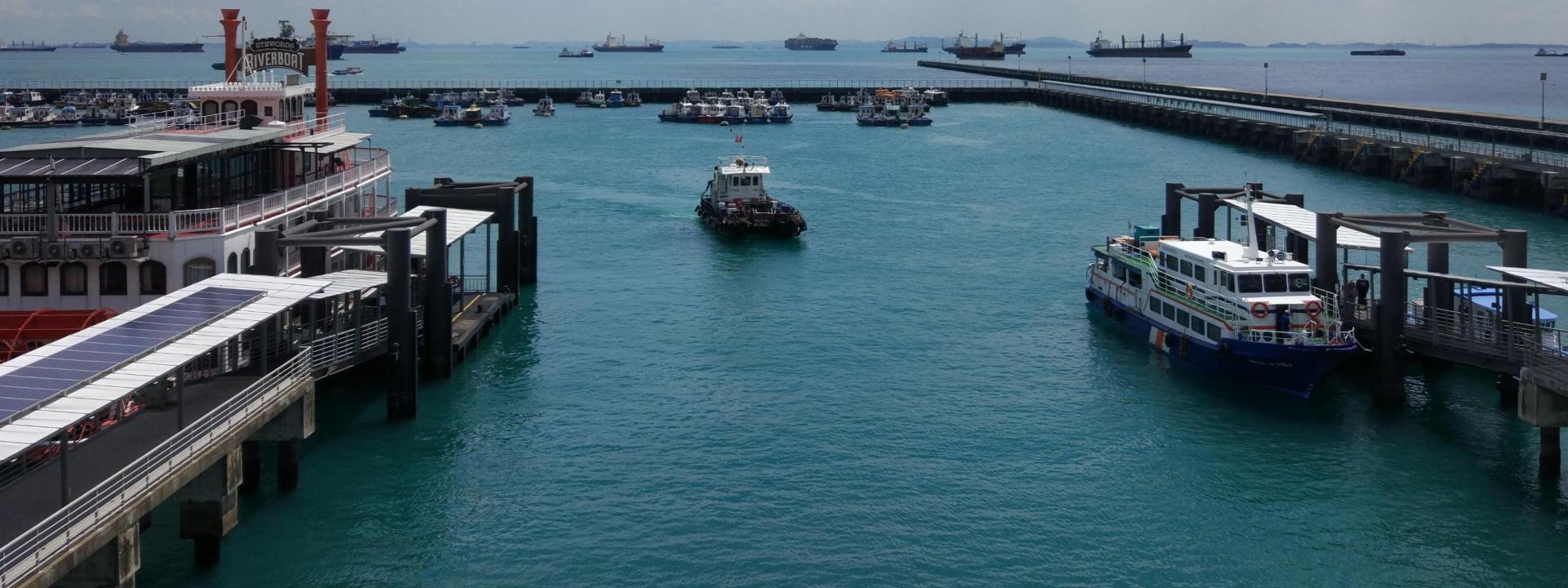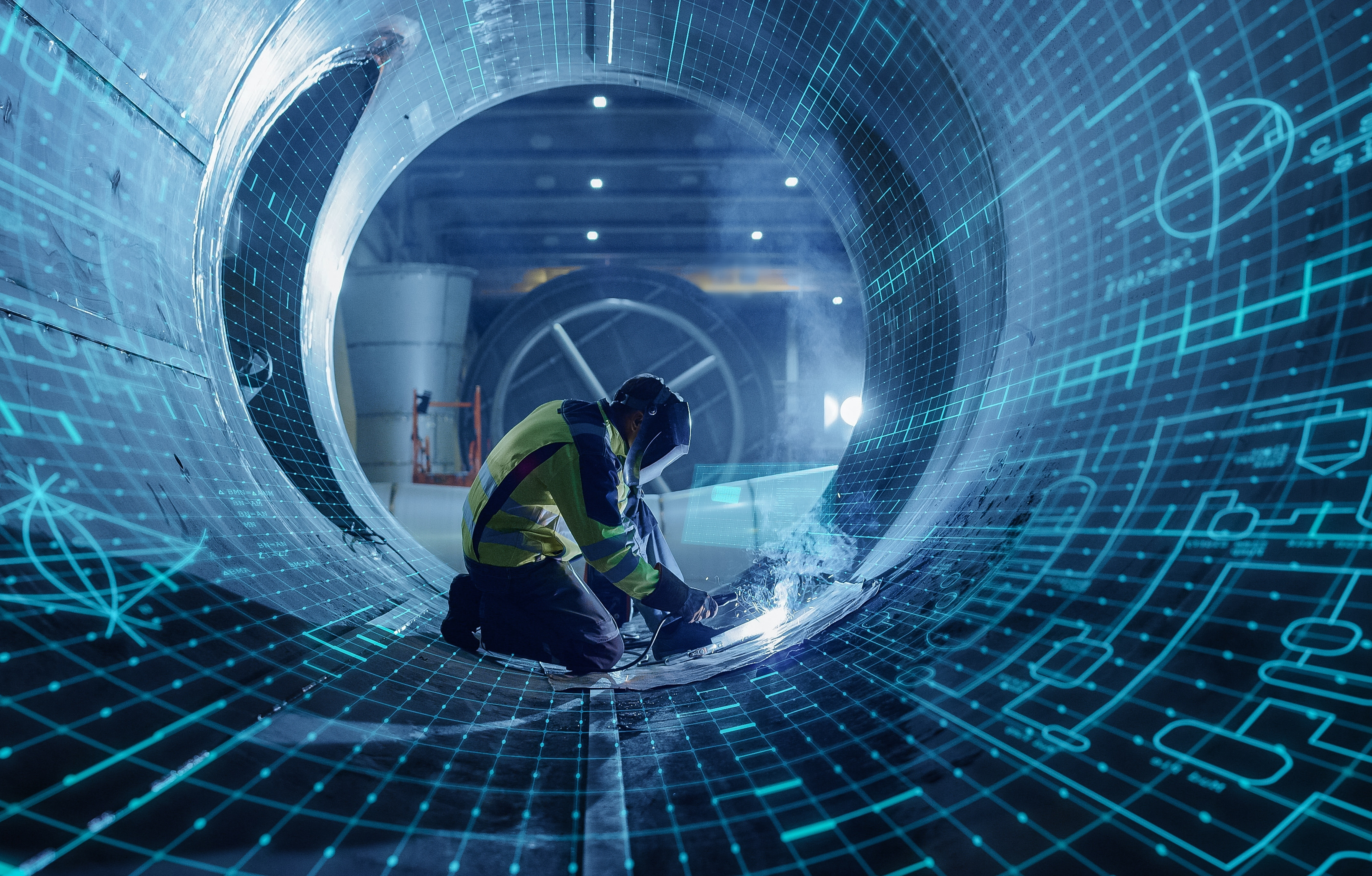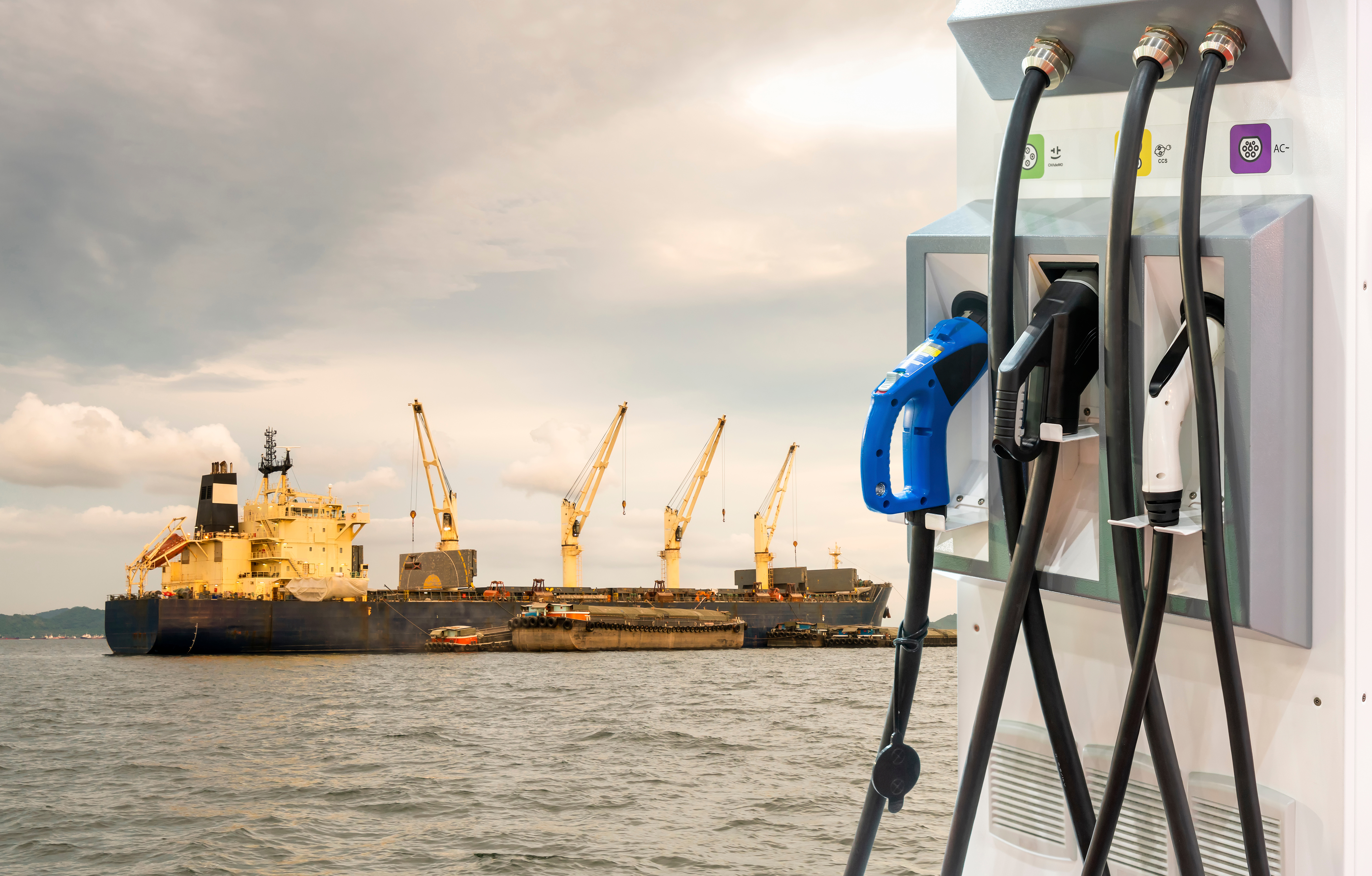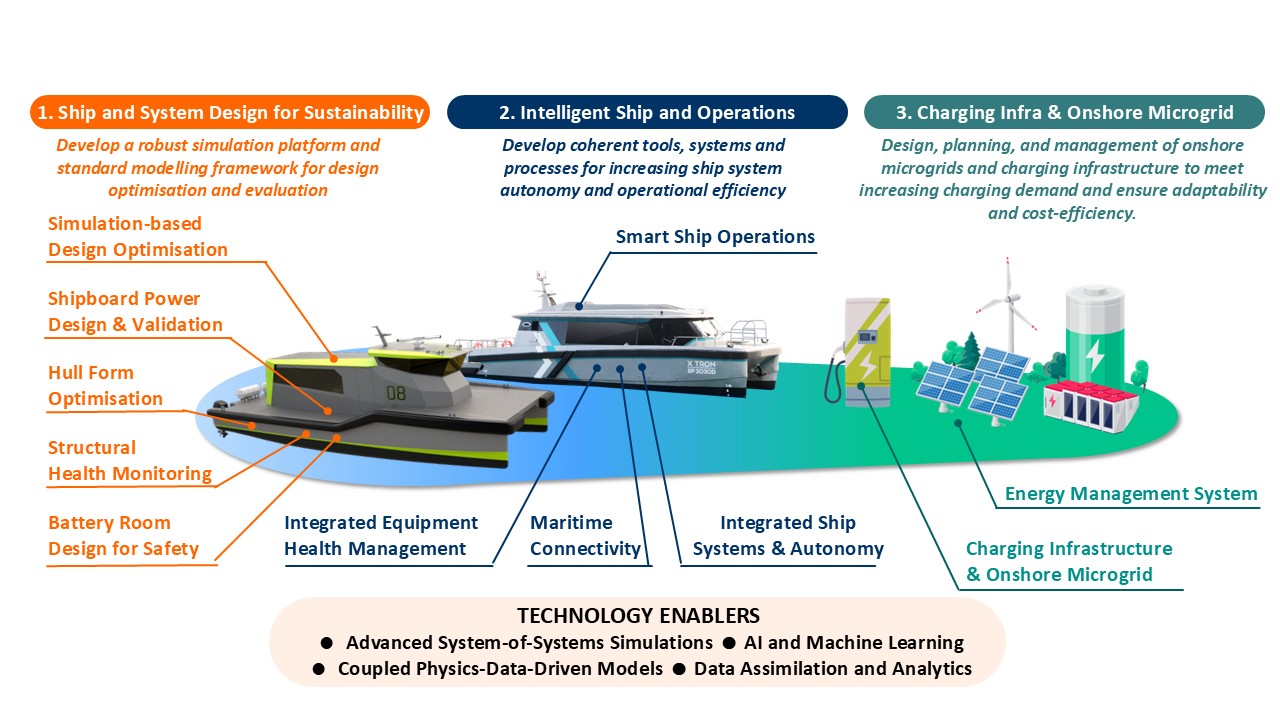![[FA] SIT One SITizen Alumni Initiative_Web banner_1244px x 688px.jpg](/openhouse2025/directory/openhouse/openhouse/sit-teaching-and-learning-academy/sit-teaching-and-learning-academy/sites/default/files/2024-12/%5BFA%5D%20%20SIT%20One%20SITizen%20Alumni%20Initiative_Web%20banner_1244px%20x%20688px.jpg)

Future Ship and System R&D Programme
The Future Ship & Systems Design (FSSD) Programme, launched in 2024 by the Maritime and Port Authority of Singapore (MPA) and the Singapore Maritime Institute (SMI), aims to transform Singapore’s electric harbour craft sector. Bringing together industry leaders and academic experts, the programme focuses on driving innovation in sustainable ship design, enhancing operational efficiency, and reducing greenhouse gas (GHG) emissions across the maritime industry.
In June 2024, the Singapore Institute of Technology (SIT) was awarded S$20 million by the Singapore Maritime Institute (SMI) to lead the FSSD Programme. This initiative, in collaboration with government agencies, Institutes of Higher Learning (IHLs), and industry partners, aims to advance energy efficiency and sustainability in electric harbour craft.
The FSSD Programme focuses on developing and validating innovative technologies that drive cost savings for vessel owners while supporting Singapore’s maritime decarbonisation goals. Beyond research and innovation, the programme will serve as a training platform for maritime professionals and students, offering workshops, simulations, and hands-on design exercises to equip them with the skills needed for the future of maritime operations.
Click here to visit SMI’s website.
Towards a Coherent Approach for Planning, Design, Verification and Operation of Electric Harbour Crafts
- FSSD presents a coherent approach to address the complex inter-dependencies of planning, design, construction, verification, operation and maintenance of electric harbour crafts across stakeholders.
- Through extensive consultation with the maritime ecosystem, key capability areas have been identified to address the technical gaps and reduce the total cost of ownership to encourage industry adoption.

Capability Areas
The maritime industry will increasingly turn to electric propulsion systems to achieve the net zero emission targets. For a successful transition towards viable full-electric harbour crafts, a coherent approach that integrates ship design, operations, and shore charging infrastructure is necessary to achieve cost competitiveness and accelerate industry adoption.
To achieve this, SIT is working together with partners in the maritime research ecosystem such as IHPC, TCOMS, NUS, and NTU in the three main capability areas (CA)

CA1 Ship and System Design for Sustainability

CA2 Intelligent Ship and Operations

CA3 Charging Infra & Onshore Microgrid


CA1 Ship and System Design for Sustainability
The design optimisation process for electric ships using traditional ship design process is complex, iterative and time-consuming due to the lack of integrated modelling and simulation capabilities.
This CA focuses on establishing a robust open simulation platform for the design optimisation and evaluation process towards more efficient and cost-effective electric harbour crafts.
Key areas:
- Simulation-based design optimisation
- Shipboard power design and validation
- Hull form optimisation
- Structural Health Monitoring
- Battery Room Design for Safety
CA2 Intelligent Ship and Operations
As harbour craft electrification advances, the maritime industry faces a growing shortage of skilled seafarers to operate and maintain these vessels safely.
To address this challenge, we are developing advanced sense-making and decision-support systems, equipment health monitoring, and robust shore-based support capabilities. These innovations will help manage operational complexity and manpower constraints more efficiently and at a lower cost.
This CA aims to leverage smart ship technology and fleet-level optimisation to enhance operations, maintenance, and spares management—ultimately reducing the total cost of ownership.
Key areas:
- Smart ship operations
- Integrated equipment Health Management
- Robust Maritime Connectivity
- Integrated Ship and Systems Autonomy


CA3 Charging Infrastructure and Onshore Microgrids
To accelerate the electrification of harbour craft, developing onshore microgrids and standardised charging infrastructure is crucial to meeting charging demands efficiently and cost-effectively.
To address this challenge, we are implementing look-ahead and data-driven approaches for designing and planning onshore microgrids and charging systems, supported by advanced energy management solutions.
This CA aims to enhance the operational efficiency of shore-based charging and microgrid infrastructure, ultimately reducing the overall operating costs of fully electric harbour craft.
Key areas:
- Charging Infrastructure and Microgrid
- Energy Management System

FSSD Lab
Supporting Maritime Applied Learning and Research
Located at SIT Punggol Campus, the FSSD Lab is designed to integrate seamlessly with other labs within the SIT ecosystem, such as the Future Communications Technology Lab and the Power and Energy Lab. This fosters interdisciplinary collaboration, enabling researchers to exchange ideas across teams and projects.
The Lab also serves as a key bridge between applied research and applied learning, providing students from both the Pre-Employment Training (PET) and Continuing Education and Training (CET) pathways with hands-on experience using industry-standard equipment. By immersing students in real-world applications of sustainable maritime technologies, the FSSD Lab enhances their learning experience, equipping them with practical skills and making them highly sought after by employers.
Join Us
As the University for Industry, we invite partners to join us to develop strategic and innovative design capabilities, pathways to net zero and cost-competitive solutions for a sustainable maritime industry in Singapore and beyond. This includes regular Industry Day Sessions where we share our progress, as well as gather feedback and new insights from partners.














